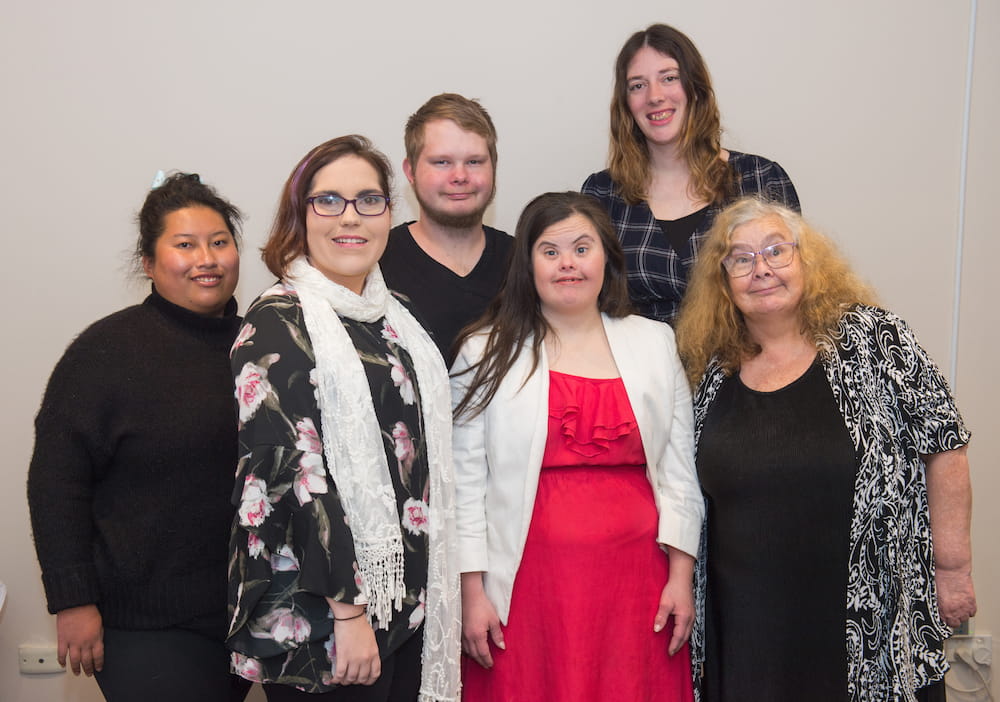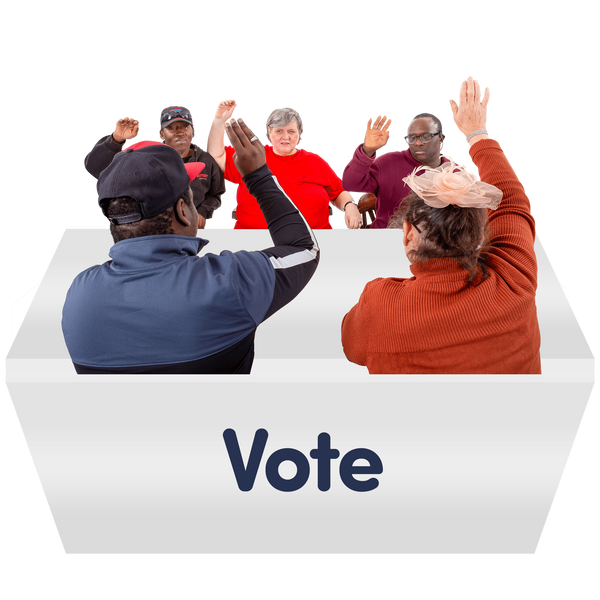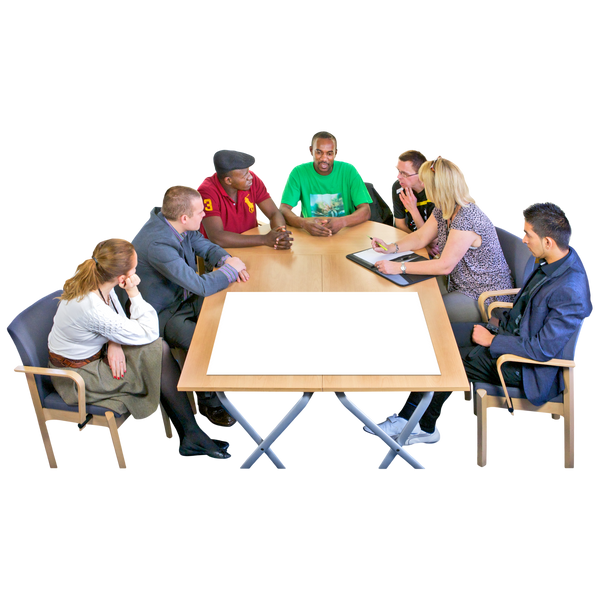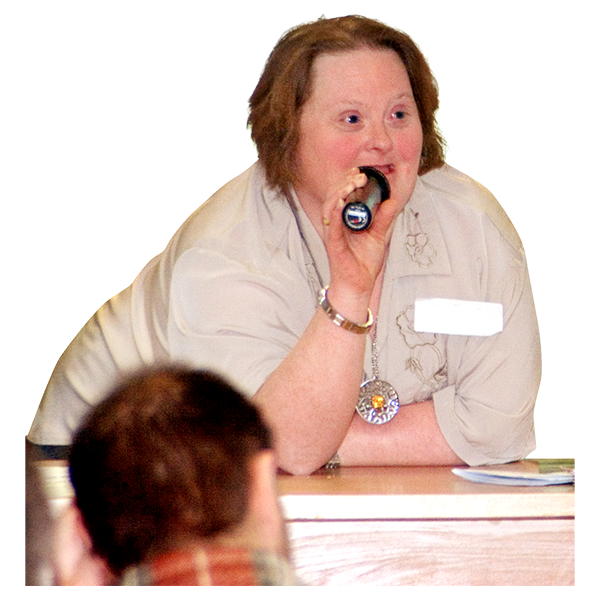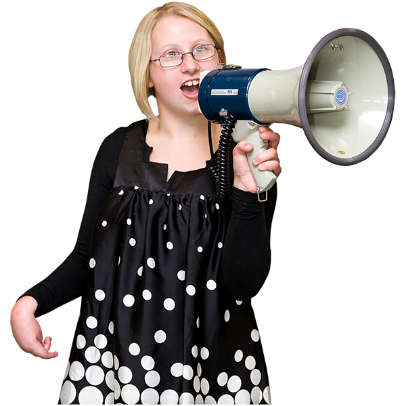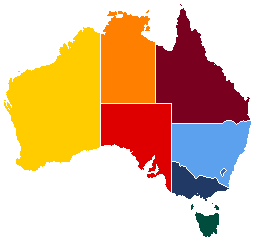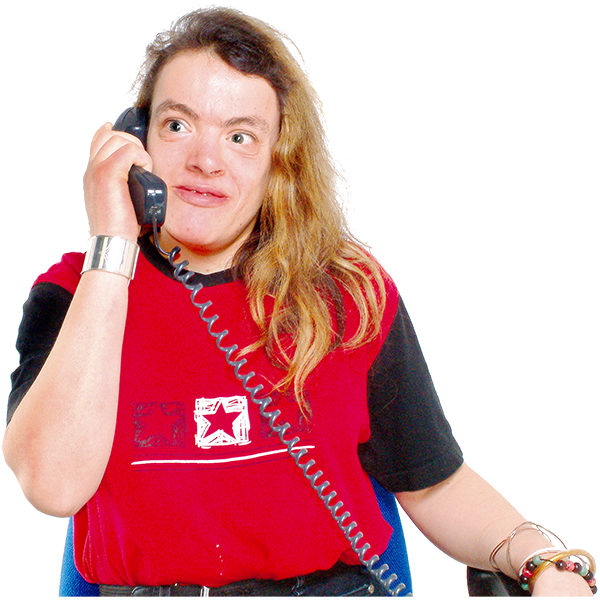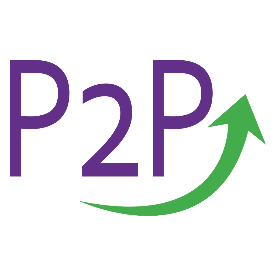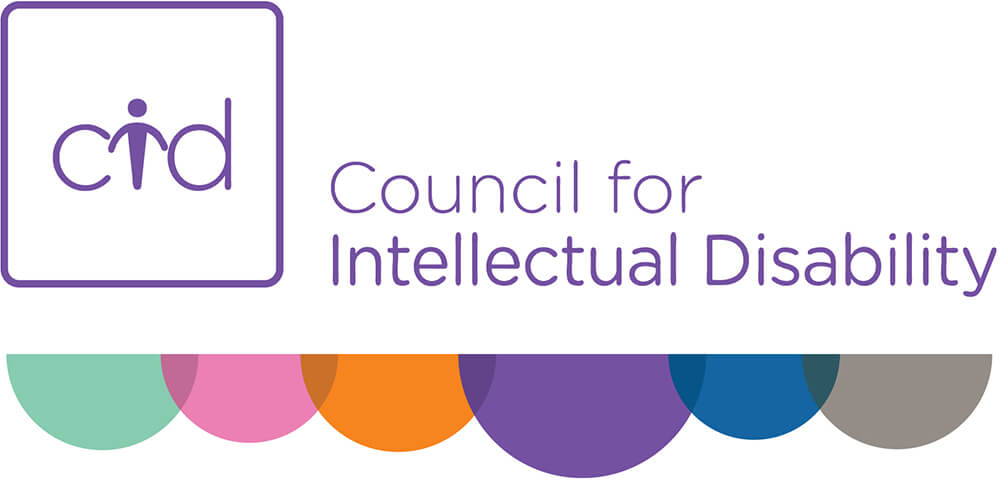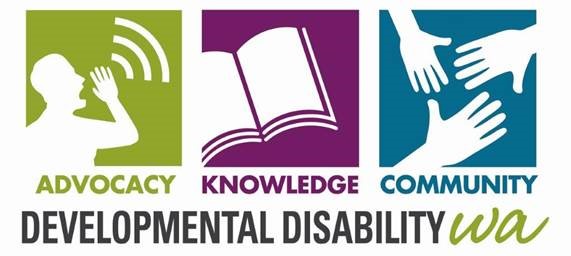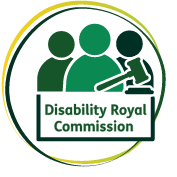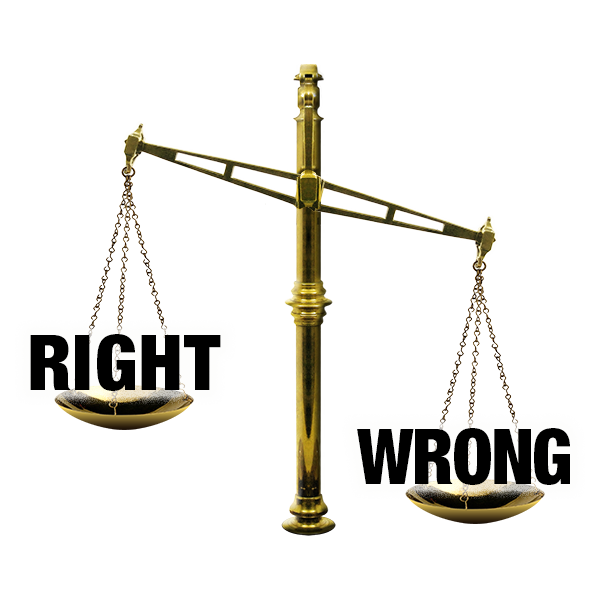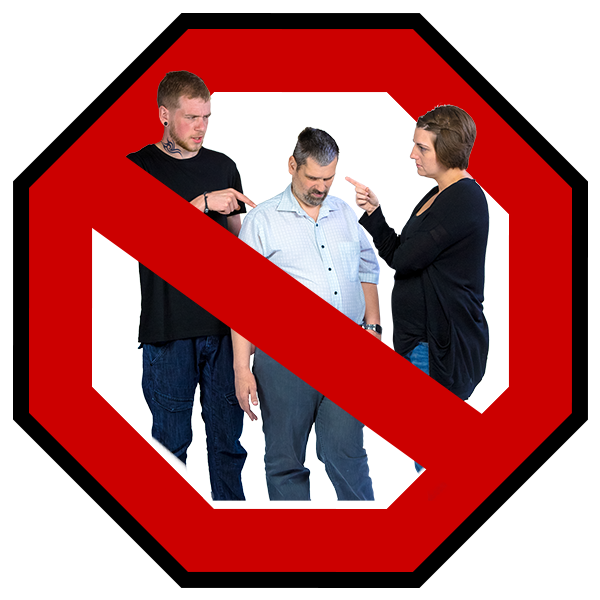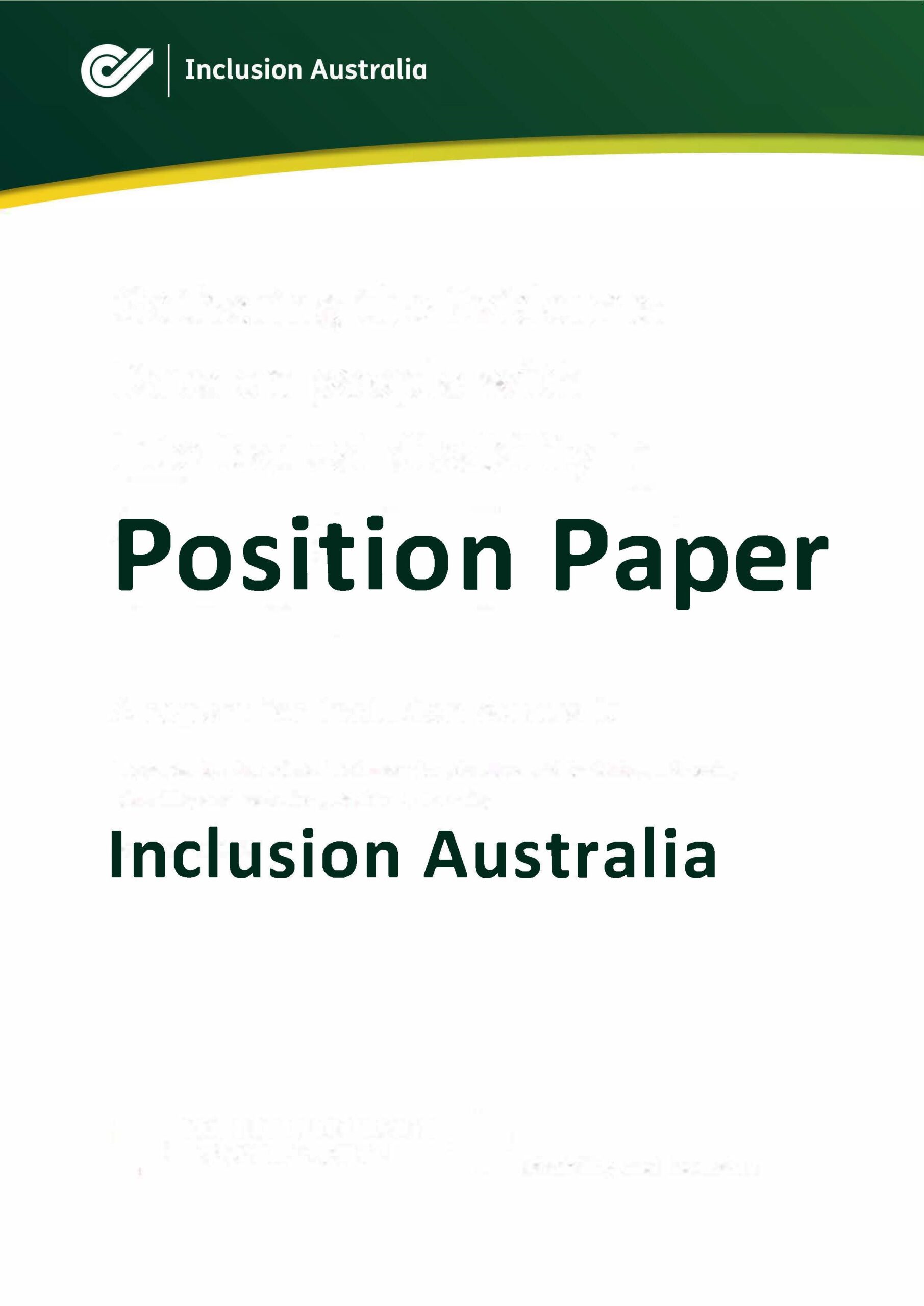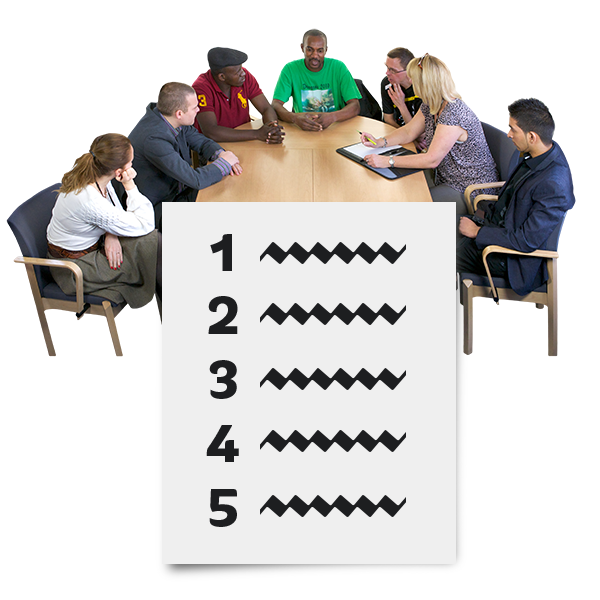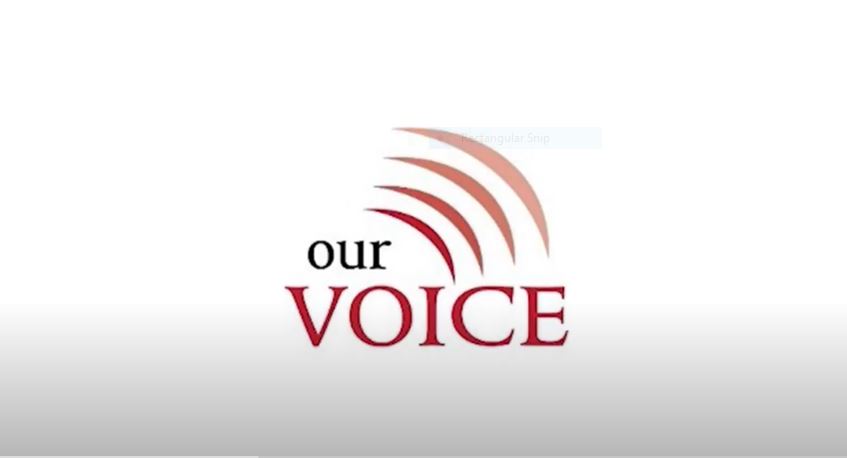Our Voice is an official committee of the Inclusion Australia Board.
Our Voice provides advice to the Board on issues that are important to people with intellectual disability. This includes strategic decisions and policymaking.
The Our Voice Chair is a member of the Inclusion Australia Board. They go to Board meetings and have a vote, just like all the other Board members.
Who is part of Our Voice?
All Our Voice members are people with an intellectual disability, and self-advocates.
Each Our Voice member is nominated by their state member organization.
Their role is to represent people with intellectual disability from their state or territory.

Current Our Voice members are:
- Payge Hollis – Queensland
- Laura Naing – New South Wales
- Sarah Byrne – South Australia
- Sonia Hume – Tasmania
- Kyal Fairbairn – Western Australia
- Sam Mouakkassa – Victoria
- Kalena Bos (Chair)
The term for each Our Voice member and the Our Voice Chair is 3 years.
Who Our Voice represents
Our Voice members represent self-advocacy groups run by our member organisations.

Queensland
Parent 2 Parent runs a self-advocacy group on the Sunshine Coast called Loud and Clear Queensland.
Payge is the Loud and Clear representative in Our Voice.
To find out more contact Loud and Clear on 1800 777 723 or email [email protected].

New South Wales
Council for Intellectual Disability (CID) run 2 self-advocacy groups in Sydney:
- CID Advocacy Group
- Speak Out Reach Out.
Speak Out Reach Out is an advisory group to the CID Board. Laura is the CID representative in Our Voice.
To find out more contact CID on 1800 424 065.

Tasmania
Speak Out Advocacy has 3 self-advocacy groups in Tasmania:
- Speak Out North West Self Advocacy Group
- Speak Out North Self Advocacy Group
- Speak Out South Self Advocacy Group.
To find out more contact Speak Out on (03) 6231 2344 or email [email protected].

South Australia
South Australian Council for Intellectual Disability (SACID) run self-advocacy and peer support groups in South Australia:
- SACID Reference Group
- Peer Action Crews.
The SACID Reference Group is a sub-committee of the SACID Board. Sarah is the SACID representative in Our Voice.
To find out more contact SACID on (08) 8352 4416 or email [email protected].
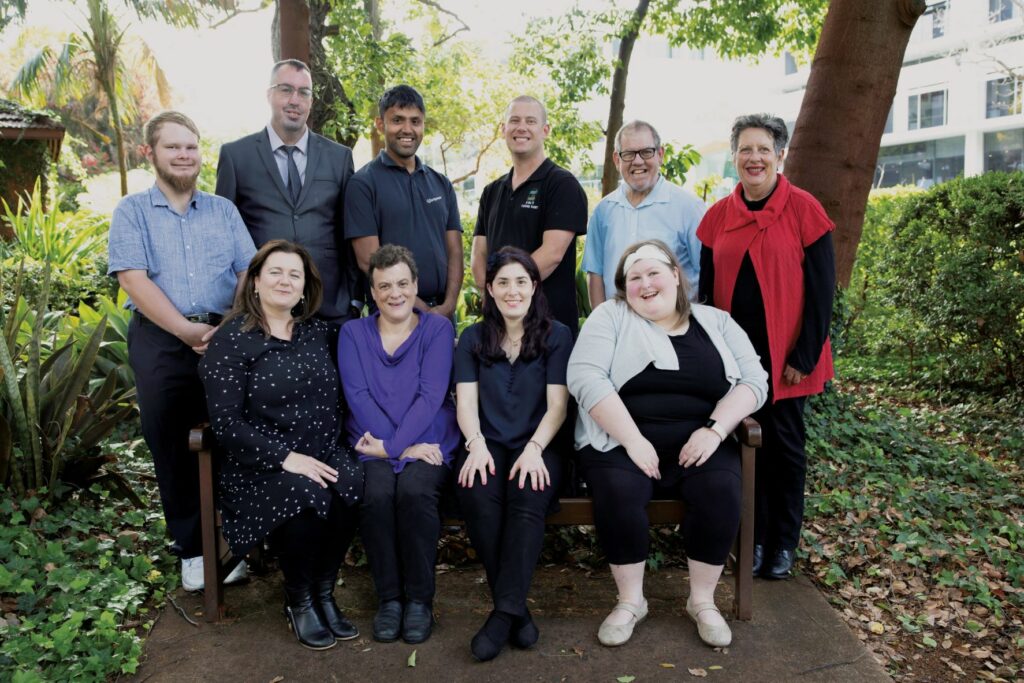
Western Australia
Developmental Disability WA run DDWA’s self-advocacy program and have an Advisory Council to the Board.
The Keys to Success program is co-facilitated by people with intellectual disability. It is run in high schools and group homes and teaches people about their rights and how to stand up for themselves.
Kyal is the DDWA representative in Our Voice.
To find out more contact DDWA on (08) 9420 7203 or email [email protected].

Victoria
VALID runs a broad range of self-advocacy programs across Victoria, including:
- 4 self-advocacy networks in Melbourne
- 23 Peer Action Groups across Victoria
- the VALID Self-Advocacy Forum
- Keys to Success self-advocacy training
- the VALID8 program in Group Homes.
There will be a new VALID representative in Our Voice in 2024.
To find out more contact Rick at VALID on (03) 9416 4003 or email [email protected].
Our Voice in the Disability Royal Commission
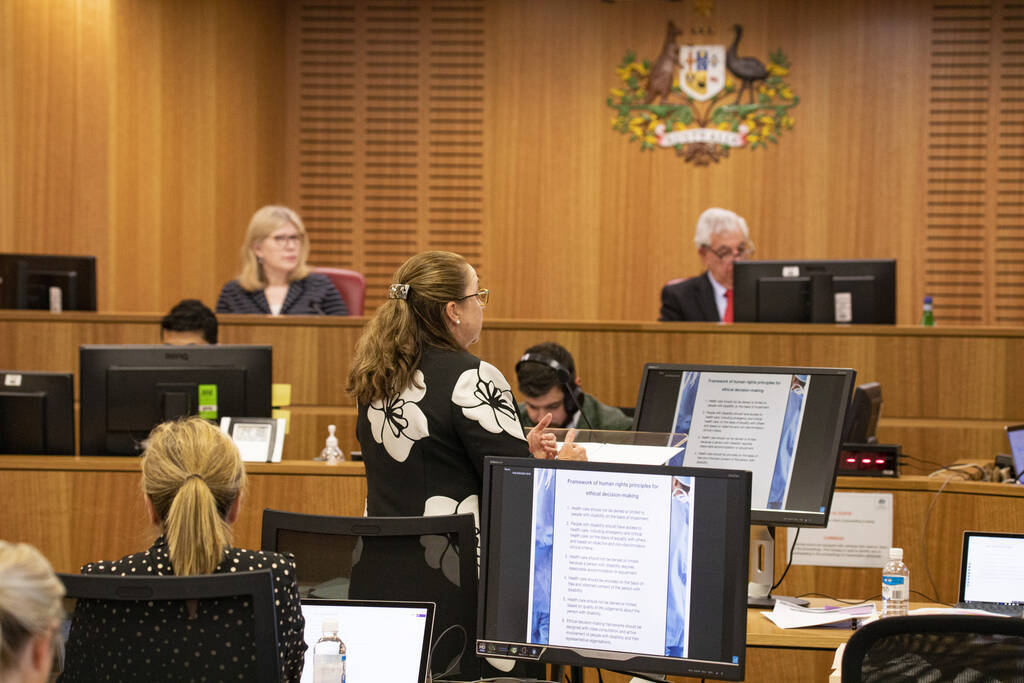
In 2020 Our Voice members were interviewed for work by Inclusion Australia for the Disability Royal Commission.
We helped write 5 position papers about the big issues for people with an intellectual disability:
- Respect
- Education
- Employment
- Choice and Control
- Where to live and who to live with.
Kalena also spoke at public hearings about open employment and COVID-19.
The Our Voice Melbourne Report
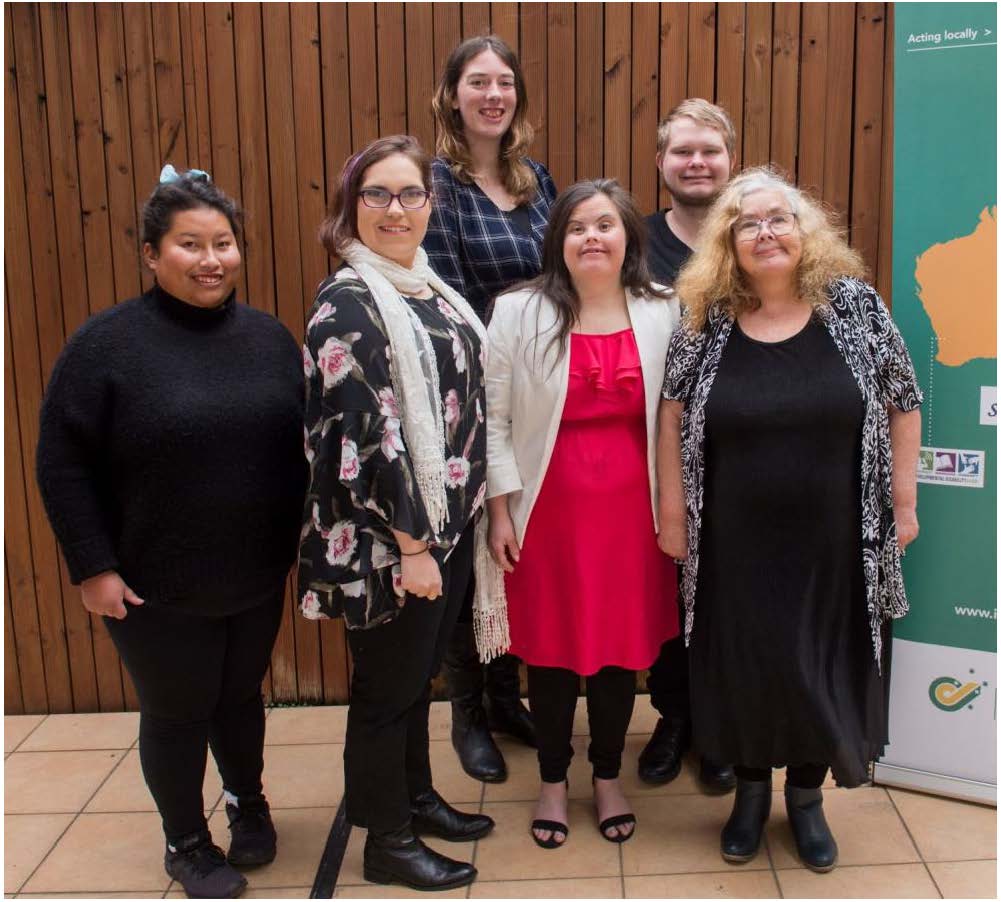
In August 2019, Our Voice held a planning workshop in Melbourne.
In the workshop they talked about:
- what Our Voice has been working on
- what good support looks like
- how Our Voice connects with people with intellectual disability and
- plans for the future of Our Voice.
Read the Melbourne Report (PDF).

